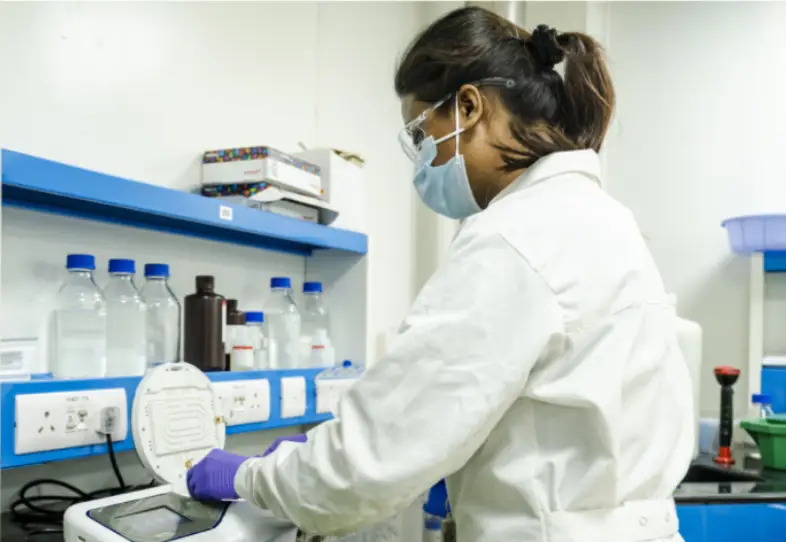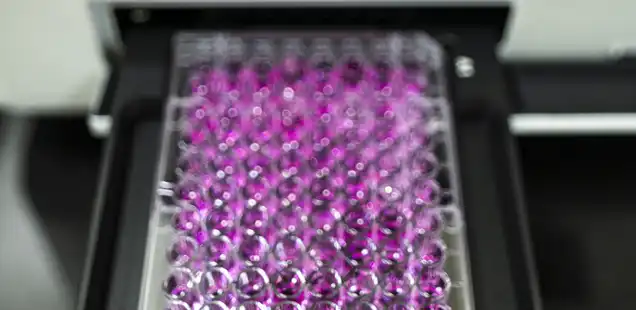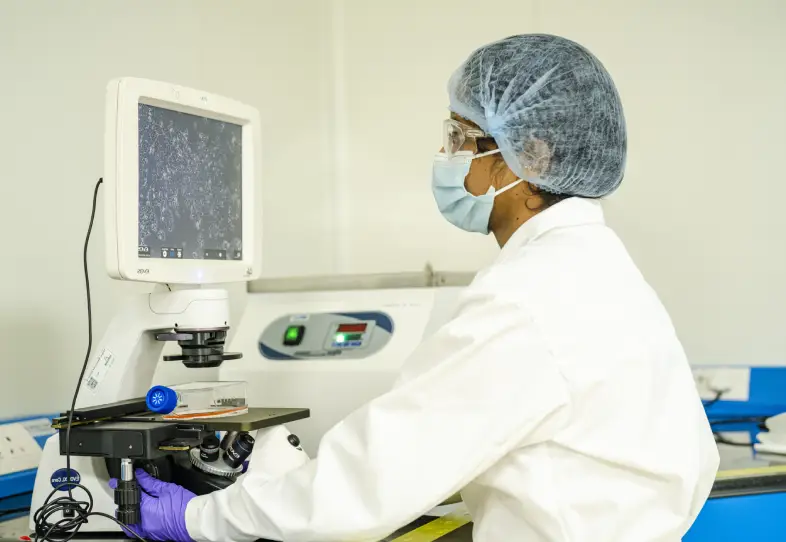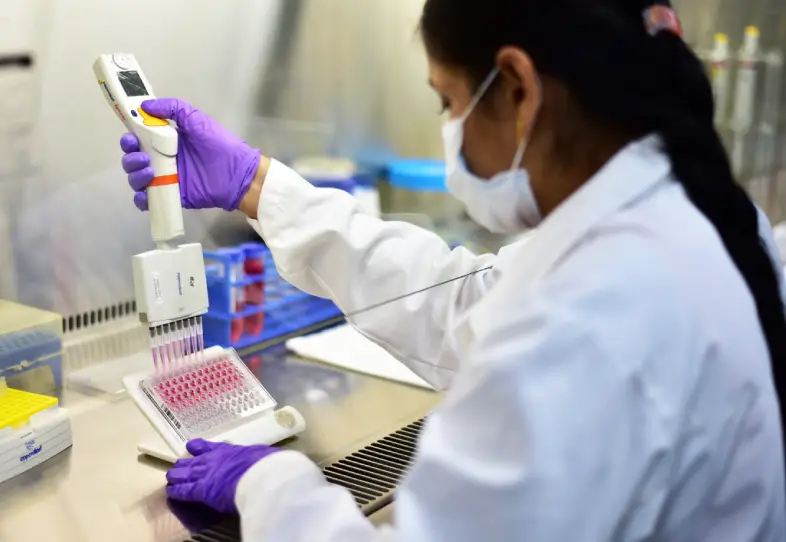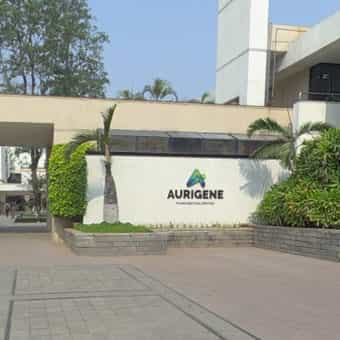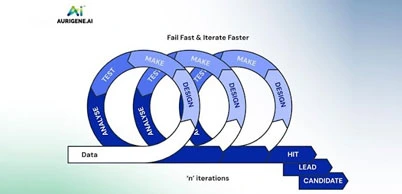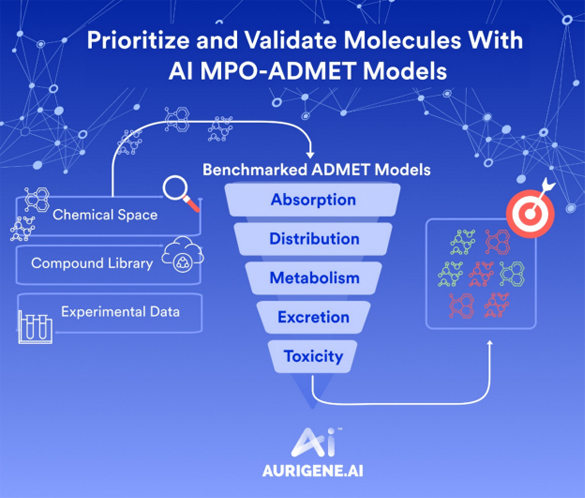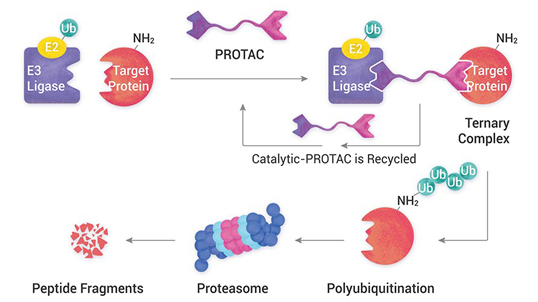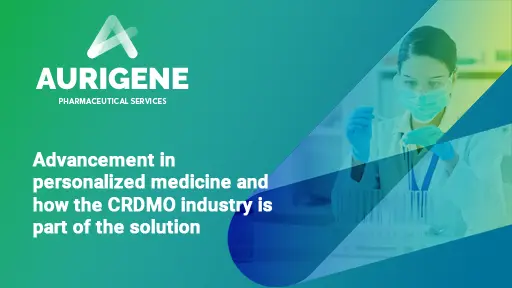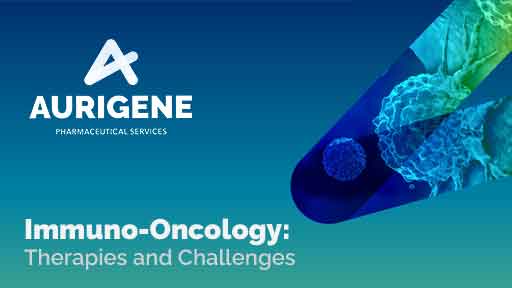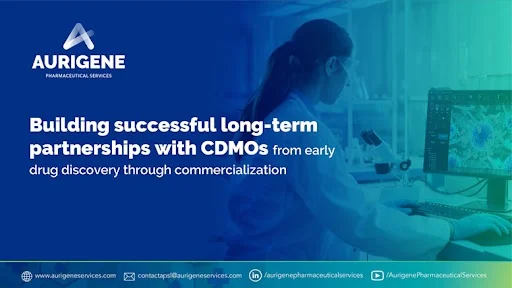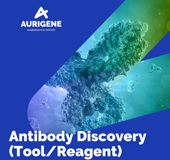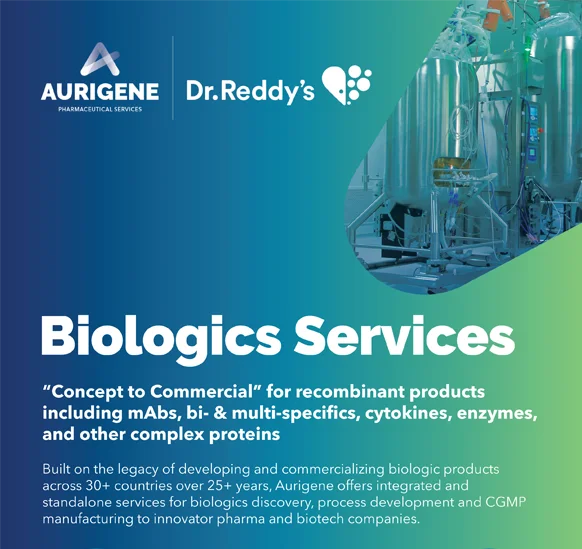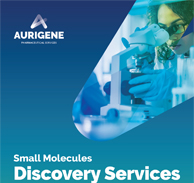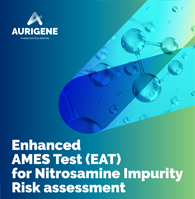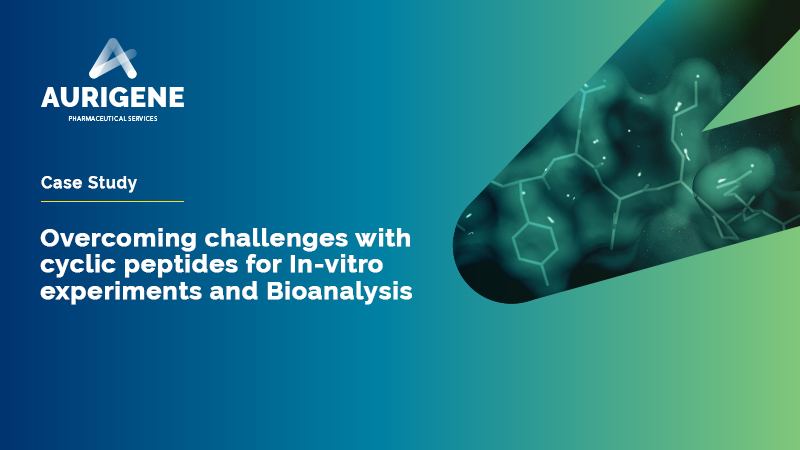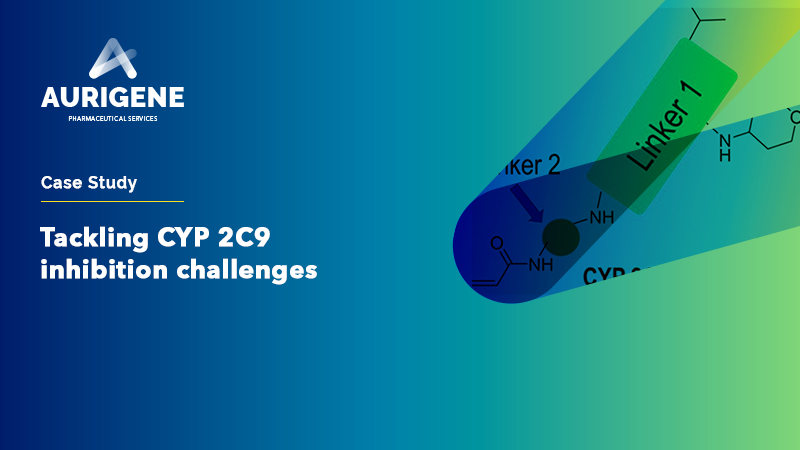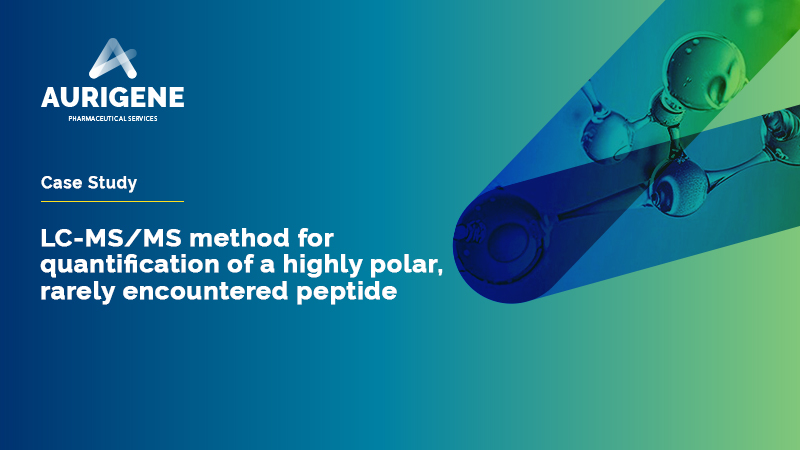
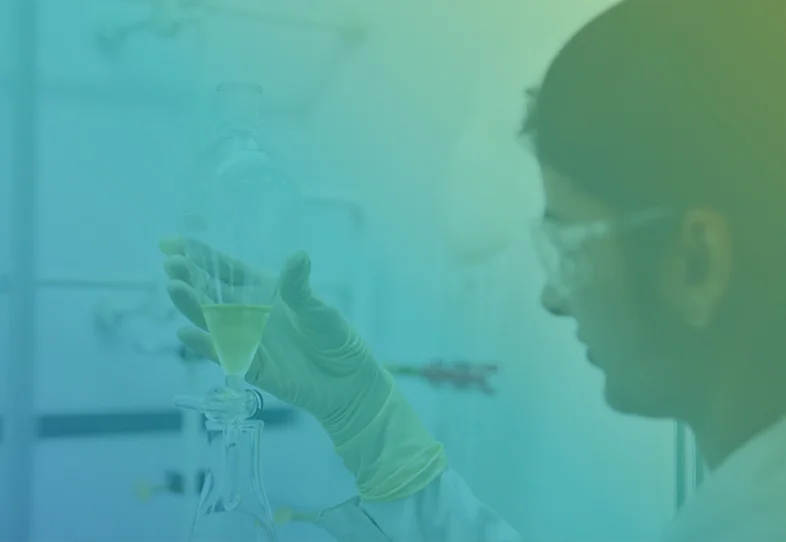
We offer comprehensive and integrated antibody drug conjugate synthesis (ADC) discovery and development services, from antibody engineering and linker-payload design to conjugation, analysis, and biological evaluation, enabling the creation of potent and targeted cancer therapies.
Our expertise spans novel linker and payload development, efficient conjugation chemistries, and robust analytical and biological characterization, ensuring the generation of high-quality ADCs tailored to your specific therapeutic needs.
Child Page Segments:
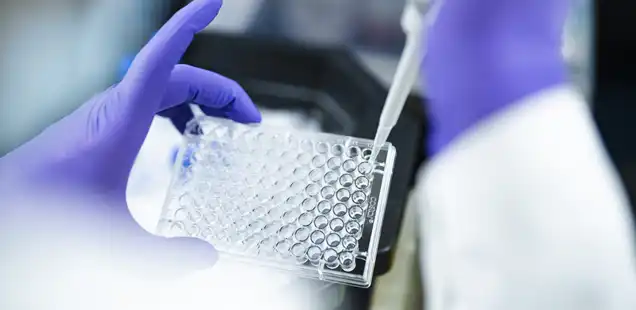
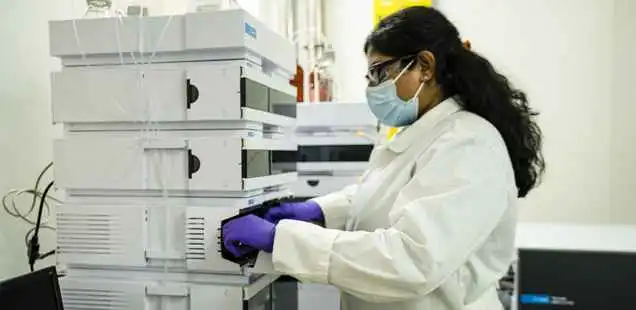
Additional Information:
Our bioconjugation capabilities extend beyond traditional ADCs to include antibody/protein oligo conjugates, metal-free DOTA conjugation, biotinylation, and FITC labeling.
We have a proven track record, with numerous projects delivered, development candidates nominated, and satisfied customers.
Over 20 years of proven expertise in designing and developing novel compounds for Oncology and other therapeutic areas, enabling deep scientific insight and innovation.
Dedicated CADD and AI/ML team with extensive experience in supporting ADC design and optimization, accelerating the path from concept to candidate.
5 integrated ADC discovery programs.
17 Projects delivered.
2 Development candidates nominated.
10+ Customers served.
Why Aurigene Antibody Drug Conjugate Services?
Site-specific conjugation technology
In-house linker library & Payload
Collaborative and solution driven
Analytical assessment to ensure safety and quality
Various commercial and customized linkers
Connect with our scientific experts for your drug discovery, development, and manufacturing needs
We understand that clear communication is essential to successful collaborations, and that's why we have a dedicated team that is always ready to help you. Whether you have questions about our services, want to discuss a potential partnership, or simply want to learn more about our company, we're here to help.
Our team of experts is dedicated to providing personalised solutions tailored to your unique needs. So, please don't hesitate to reach out to us. We look forward to hearing from you and helping you achieve your business goals.
Learning Resources
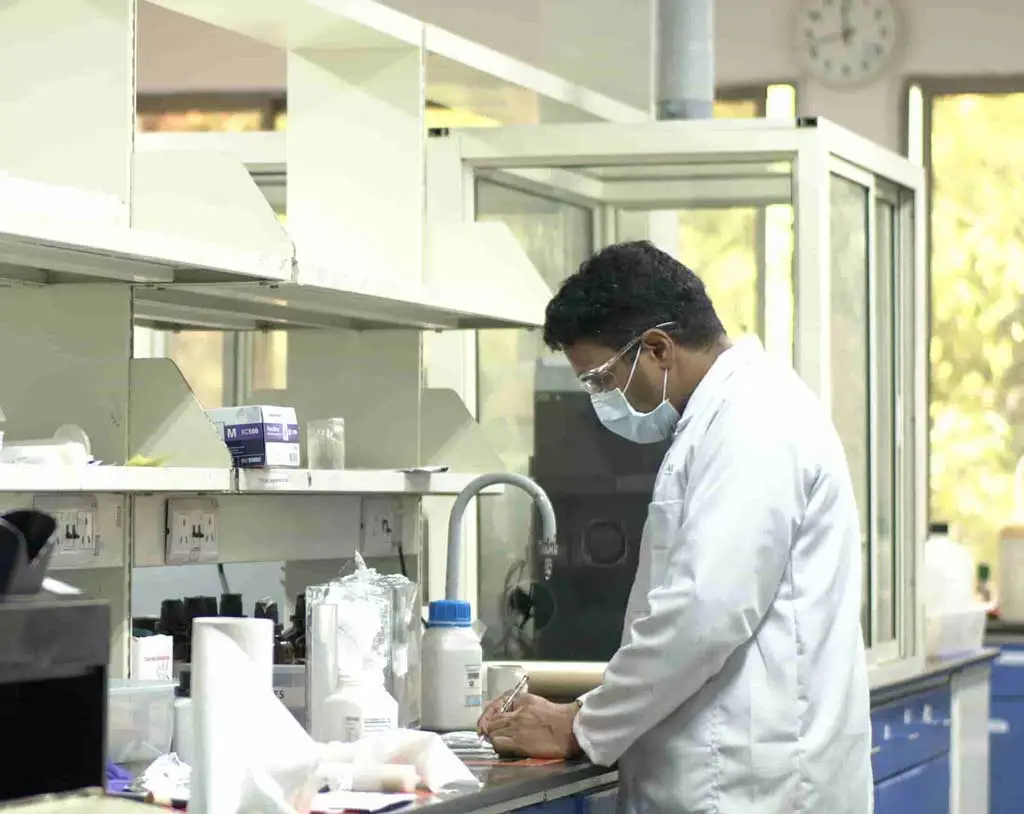
JULY 02, 2021
Oligonucleotide as a novel class of therapeutic modality
Oligonucleotides as a therapeutic class is a revolutionary approach to discover new and important therapeutic agents for treating human diseases. RNA-based intervention at times works in cases where other modalities do not work. For example, it may help in treating inborn errors in metabolism, genetic disorders and rareOligonucleotide therapeutics is the use of c...
Read More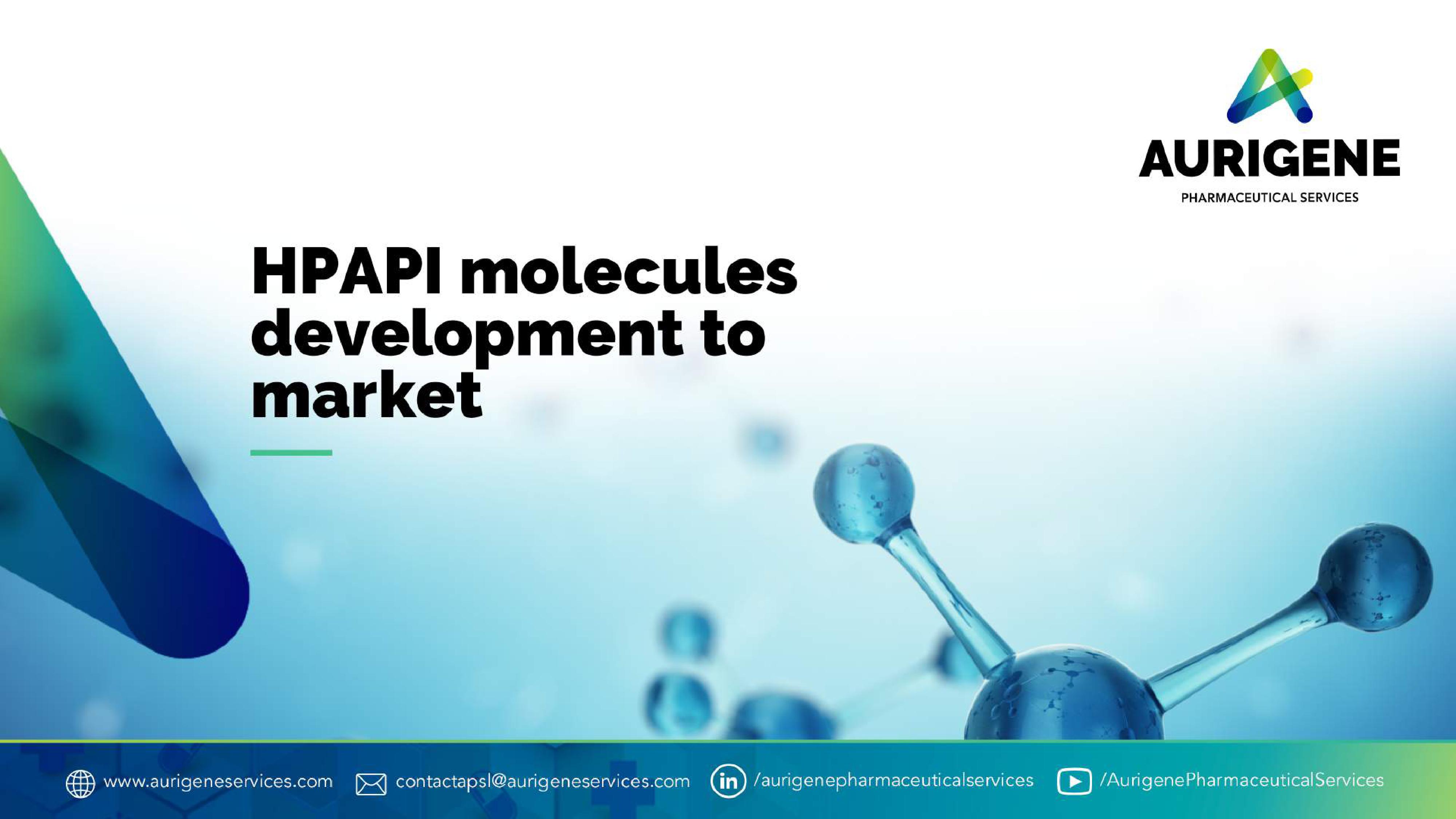
HPAPI Molecule from Development to Market
The global Highly Potent Active Pharmaceutical Ingredients (HPAPI) market is expected to reach USD 26.84 Billion by 2023 from USD 17.72 Billion in 2018, at a CAGR 8.7%....
Read More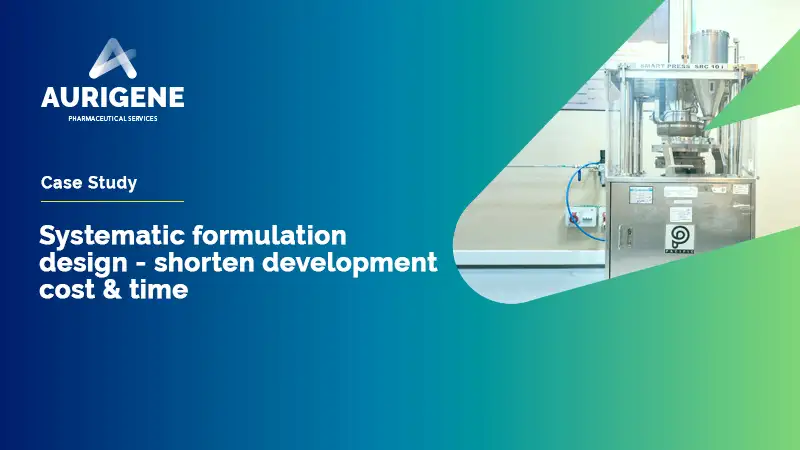
Systematic formulation design - shorten development cost & time
Project Challenge: Existing formulation (lower strength - 50 mg) was manufactured using direct compression process. This formulation posed poor powder flow and content uniformity issues during scale-up. Development of new strength 150 mg without any process issues was a challenge. Solution design: Preliminary pre-formulation, stress study and PSD impact assessmen...
Read MoreAugust 28, 2020
An efficient and convenient protocol for the synthesis of tetracyclic isoindolo[1,2-a]quinazoline derivatives
A convenient and one-pot synthesis of tetracyclic isoindolo [1,2-a]quinazoline derivatives via Lewis acid mediated sequential C–N bond formation reactions is reported. This protocol provides a simple and rapid strategy for the synthesis of 12-benzylidene-10,12-dihydroisoindolo[1,2-b]quinazoline derivatives. However, a variety of tetracyclo indole fused quinazol...
Read More-
January 31, 2025
Development and assessment of a Bcs class II - SGLT2 (Sodium Glucose Cotransporter 2) inhibitor drug in the form of solid lipid Nanoparticles by selecting different lipids, co-surfactants, and manufacturing techniques
Drug Delivery System (DDS) has been used successfully in the past few decades to cure illnesses and enhance health because of its improved systemic circulation and ability to regulate the drug's pharmacological action. As pharmacology and pharmacokinetics advanced, the idea of controlled release emerged, demonstrating the significance of drug release in assessing...
Read More -
January 31, 2025
Development of novel paullone-based PROTACs as anticancer agents
Proteolysis-targeting chimera (PROTACs) represents a promising modality that has gained significant attention for cancer treatment. Using PROTAC technology, we synthesized novel structurally modified paullone-based PROTACs using Cereblon (CRBN) and Von Hippel–Lindau (VHL) E3 ligands....
Read More -
March 13, 2025
Development and verification of RP-HPLC method for the quantitative determination of Decitabine in tablet dosage formulation
Decitabine is an anti-cancer chemotherapy drug. This article describes method development and method verification of Assay of Decitabine in tablet formulation. A new, precise, rapid, accurate RP-HPLC method has been developed for the estimation of Decitabine in pharmaceutical tablets dosage form. After optimization the good chromatographic separation was achieved...
Read More
You are about to leave Aurigene Pharmaceutical Services and affiliates website. Aurigene Pharmaceutical Services assumes no responsibility for the information presented on the external website or any further links from such sites. These links are presented to you only as a convenience, and the inclusion of any link does not imply endorsement by Aurigene Pharmaceutical Services.
If you wish to continue to this external website, click Proceed.

Leaving already?
Don't forget to join us at
CPHI Worldwide 2023.
October 24th-26th, 2023 | Barcelona, Spain
Get ready to accelerate your drug’s journey to the market

